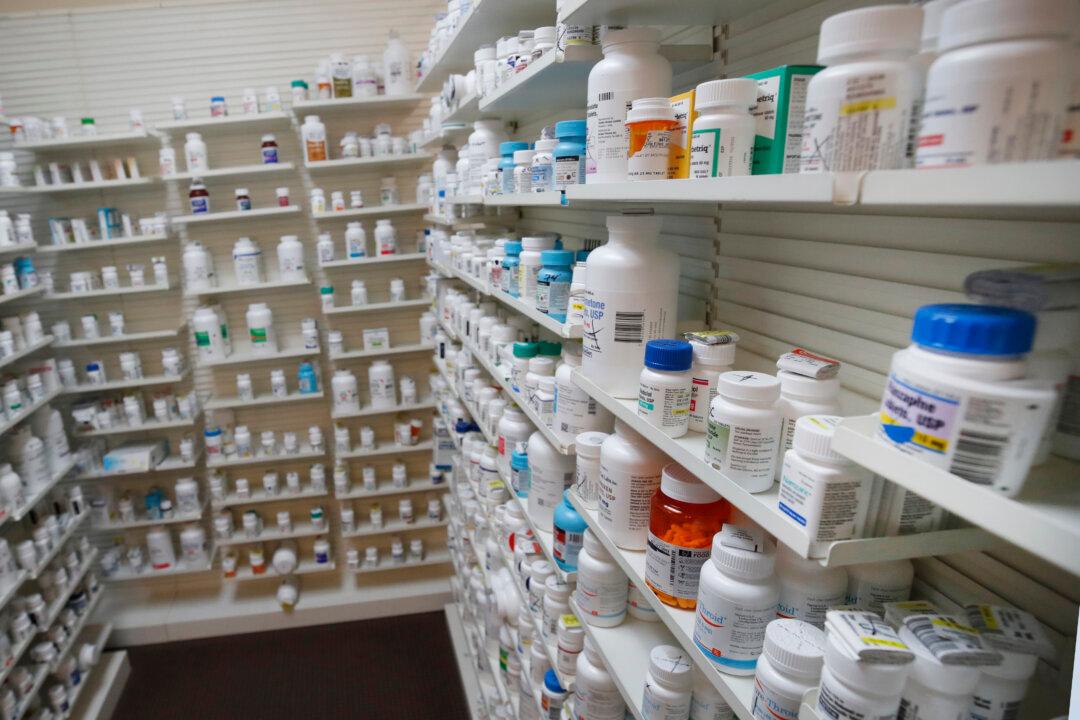The National Institutes of Health (NIH) recently announced it will fund a large randomized clinical trial to assess whether existing drugs already approved by the Food and Drug Administration (FDA) can be repurposed to treat COVID-19 at home.
The NIH said it will provide $155 million in funding for a Phase 3 trial to test the effectiveness of seven over-the-counter and prescription medications to lessen the severity and duration of mild-to-moderate COVID-19 symptoms.






